The Conversation
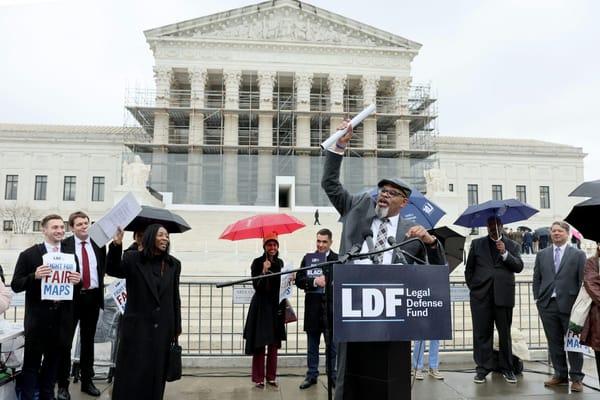
On Oct. 15, 2025, the Supreme Court hears oral arguments in one of the most anticipated cases of the 2025-2026 term, Louisiana v. Callais, with major implications for the Voting Rights Act, racial representation and Democratic Party power in congress.
by The Conversation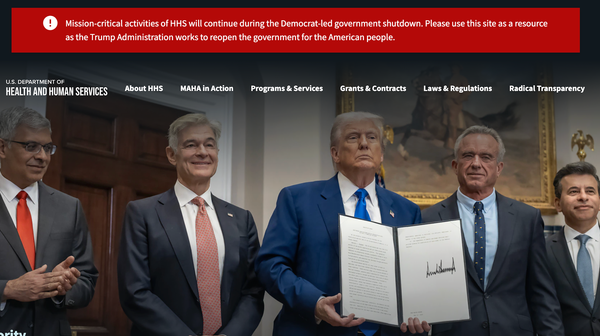
The Department of Education, according to a lawsuit, altered employees’ email auto-responses – without consent – to say things like “the Democrats have shut the government down.”
by The Conversation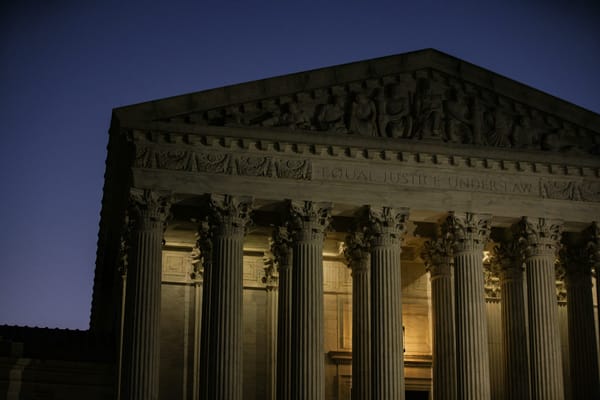
The most influential cases before the U.S. Supreme Court this term, which begins on Oct. 6, 2025, reflect the cultural and partisan clashes of American politics.
by The ConversationSince most mortgage fraud violates federal law, I looked at more than a decade of federal conviction data. What I found was clear: Almost no one has gone to federal prison recently for lying on a mortgage application.
by The Conversation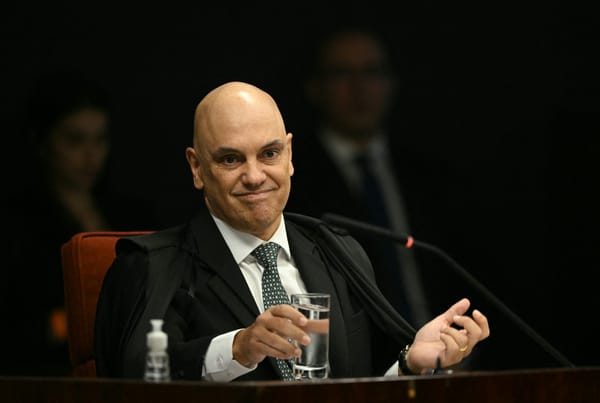
The prosecutions culminated on Sept. 11, 2025, when the country’s highest court found Bolsonaro and his co-conspirators guilty of crimes against the country’s democratic institutions and rule of law.
by The ConversationThe “government-initiated onslaught against Harvard was much more about promoting a governmental orthodoxy in violation of the First Amendment than about anything else,” U.S. District Judge Allison Burroughs wrote.
by The Conversation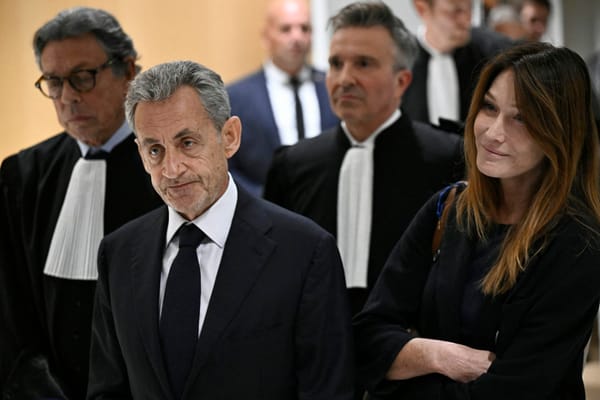
If we take the time to put this into historical perspective, however, we see that the judgments handed down in recent years against members of the ruling class are, in fact, part of a movement to liberate the judiciary from other powers, particularly the executive.
by The Conversation
Over the years, U.S. courts have established that obscenity can be a legitimate cause for removing a book from the public sphere, but only under limited circumstances.
by The Conversation